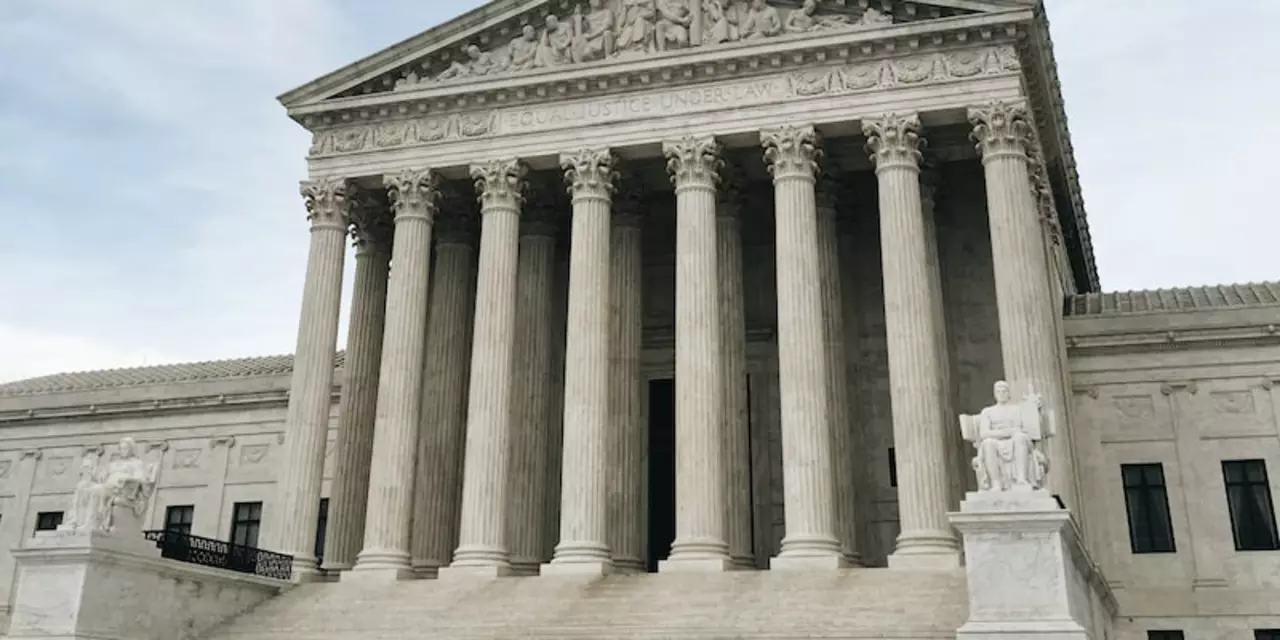Power: Latest News, Trends and Insights
When you hear the word “power,” you probably think of electricity, engines, or maybe even the strength behind a new technology. On this page we pull together the freshest stories that show how power shapes our daily lives, the tech we use, and the future we’re building.
From AI tools that supercharge creativity to electric vehicles that promise cleaner roads, the word “power” is everywhere. We break down each story in plain language, so you can grab the key takeaways without wading through jargon.
AI Power Moves – What’s Happening?
One hot headline this week is the viral Google Gemini “Banana AI” trend. A senior IPS officer warned that uploading personal photos to unverified AI sites can expose you to deep‑fake scams and identity theft. The message is simple: use trusted AI services, read privacy policies, and report any misuse fast. This warning shows how powerful AI platforms have become and why security now matters as much as the technology itself.
Electric Power on Wheels
Another buzz around power comes from the Mahindra XUV400 EV. While the specs are out—range, battery size, and charging speed—real buyers are still hunting for genuine discounts. Knowing the exact power output of the motor, the battery’s kilowatt‑hour rating, and the state incentives can help you negotiate a better price. If you’re eyeing an EV, focus on those power numbers and the total cost of ownership, not just the sticker price.
These two examples show how power isn’t just a static concept; it’s a moving target that influences security, finance, and lifestyle. Whether you’re a tech enthusiast, a car shopper, or just curious about how power drives the world, the stories here give you a quick, actionable view.
Stay tuned for more updates on power trends—new AI tools, renewable energy breakthroughs, and the next generation of high‑performance vehicles. We’ll keep the language simple, the facts straight, and the insights useful so you can stay ahead without feeling overwhelmed.
Legal Analysis

Is the Supreme Court the most powerful judicial body on Earth?
The Supreme Court of the United States is widely considered to be the most powerful judicial body on Earth. It is the ultimate arbiter of the law in the US, and its decisions can have far-reaching consequences for the entire nation. The Supreme Court has the power to invalidate laws passed by Congress and state legislatures, as well as to overturn previous court decisions. It also serves as the final court of appeals for all federal courts, meaning that its decisions are binding on all other courts in the US. The Supreme Court is the ultimate authority for interpreting the Constitution and for setting the legal standards for the US government.